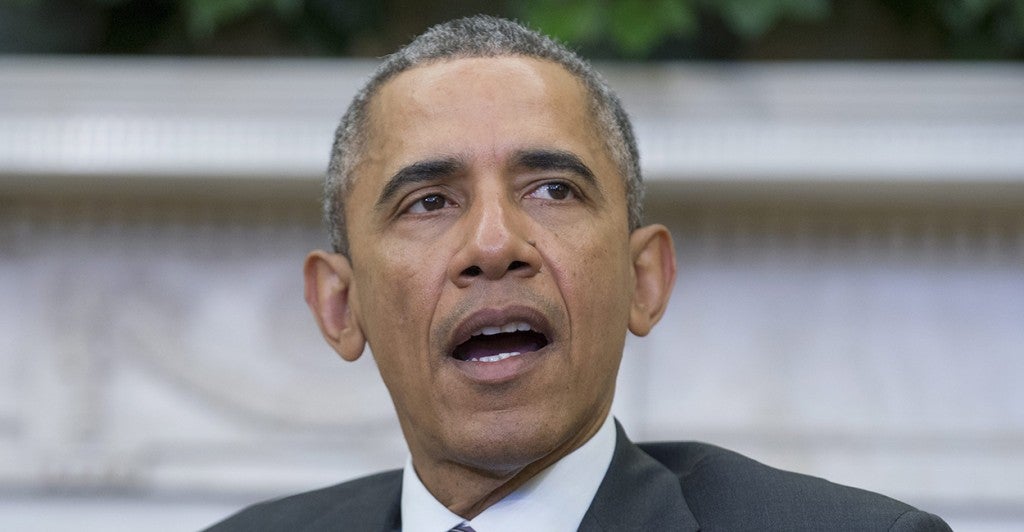If funding for the Department of Homeland Security lapses on Friday, there should be no confusion as to who is “defunding” Homeland Security.
The House passed a spending bill to fund the Department of Homeland Security. The legislation would prohibit funding for implementation of President Obama’s illegal executive actions on immigration, while still funding the agency.
Senators choosing to filibuster this legislation have been willing to risk Homeland Security funding in order to protect Obama’s amnesty plan. The security of American citizens is being trumped by a desire to support unilateral, unconstitutional executive actions that would give legal status to millions of illegal immigrants.
Congress has the responsibility and the power to stop Obama; the Homeland Security spending measure in fact does stop the president’s actions. In addition, a federal district judge in Texas recently blocked the implementation of Obama’s executive actions, but this in no way should serve as an excuse for Congress to pass the buck to the judiciary.
This “punting to the court” justification is flawed for numerous reasons, including:
Improper Support for Illegal Actions. If legislators believe the president’s actions are illegal, then appropriating money to fund those activities makes Congress complicit. It is completely inappropriate for legislators to fund something they believe to be illegal.
Not Mutually Exclusive. Both Congress and the courts have the responsibility to address the executive actions. Neither branch of government should try to avoid responsibility by assuming the other will take care of the illegal actions.
Reassert Its Lawmaking Power. Congress would not be denying funds for programs that were lawfully created by Congress. It would be denying funding for the implementation of illegal executive actions that were specifically designed to get around Congress. Congress has a responsibility to reassert its lawmaking power (and its power to regulate immigration) under the Constitution and protect against the executive branch infringing on this power.
Judicial Outcome Is Far from Clear: Congress can’t simply defer to the courts because while the executive actions are unconstitutional and illegal, it can’t be assumed the courts will actually step in and remedy the situation. There likely will also be a significant time lag until there is any final resolution in the courts. Congress needs to take action to ensure that the executive actions aren’t implemented, in both the short-term and long-term.
Congressional efforts to address the executive actions on immigration should be considered completely separate from any actions by the judiciary. They represent two different tracks to try and rein in the president.
Congress needs to make sure it goes all-out to block the implementation of this amnesty plan, because the judicial track is slow and offers no guarantees. Furthermore, legislators swear an oath to uphold the Constitution and are elected to represent the interests of their constituents, not to hope that unelected judges will do their work for them.
